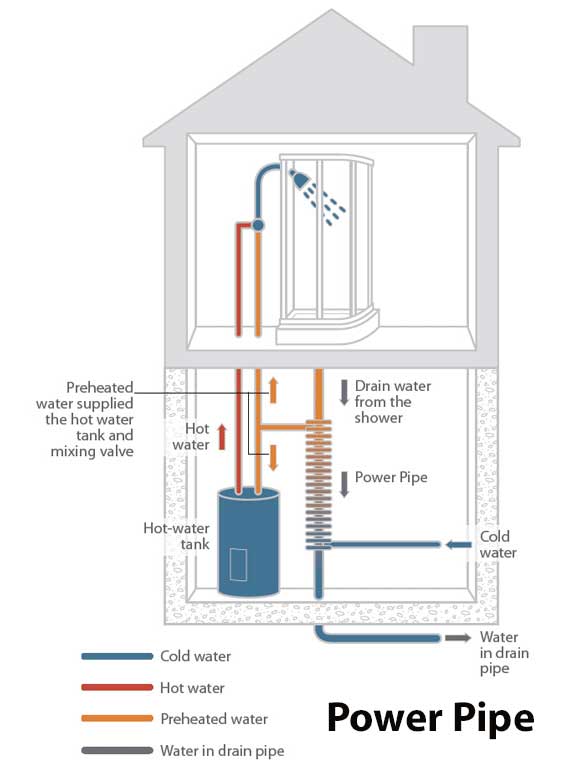HHFields
New Member
I currently have a 2 year old Rheem Electric 40 Gallon Hot Water heater. I am considering changing to a 50 Gallon Power Vent Propane water heater, because of the following; After a 15-20 minute shower, and 10 minutes of no water water running, the next person to get a shower has about 5 minutes left of hot water. Also, my electric bill has been running $250-$400.00. After killing one breaker at a time and visibly watching the electric meter basically come to a halt when we shut off the hot water tank breaker, we have narrowed the energy sucking problem down to the hot water heater. Typical bill in this area with a setup like mine in around $80-$150.00. My only conclusion and I may be wrong, but we have a spring and our water is as cold as ice if not colder. We had a very cold December, and in January, I received the highest electric bill to date. Either way I decide to go, I believe I need to add a holding tank next to the hot water heater, so at least when the hot water heater needs water it is heating up room temperature water and not arctic water. I do not know if I am on the right track or way off the rails, but ANY input as far as my theory and what type of propane tank I should be looking at and if I go the direction of propane, how difficult would the setup be as far as venting would be greatly appreciated!

